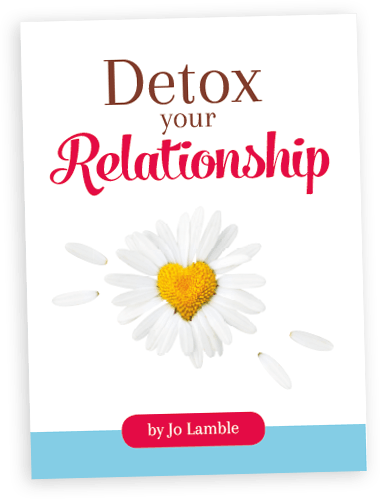 It starts when our children are very young. We talk about them as being “shy” or “out there” or “hyper” or “moody.” Most adults can rattle off the descriptions they were given by their parents – “chatterbox,” “difficult,” “lazy.” It’s so easy to do, but it can be dangerous because children can become the labels they are given.
It starts when our children are very young. We talk about them as being “shy” or “out there” or “hyper” or “moody.” Most adults can rattle off the descriptions they were given by their parents – “chatterbox,” “difficult,” “lazy.” It’s so easy to do, but it can be dangerous because children can become the labels they are given.
The clearest example is when a young child finds it difficult to look adults in the eye and say “hello.” Some parents are quick to point out that their son or daughter is very shy. They do this to make sure that the adult doesn’t take the child’s behaviour personally. But what does it do to the child? It lets them off the hook and sets up a pattern so that they never have to make the effort. A child who is always labelled as “shy” can go on to be a very shy adult. Children who find social situations difficult need empathy and gentle encouragement to learn social skills.
The same can be said for “lazy” children. Why would a child bother to help around the house if they have the perfect excuse – they’re “lazy”? “Moody” adolescents might not be given the help and support they need if they are secretly struggling with depression or a drug problem.
And it’s not just personalities that are labelled. Try not to let your child get away with saying that they are bad at maths or shocking spellers. They can be self-fulfilling prophecies. Try not to label your kids as being uncoordinated or tone deaf or they may just give up trying.
At their extreme, labels can demonstrate bigotry. But even the less extreme labels can have a detrimental effect.
















